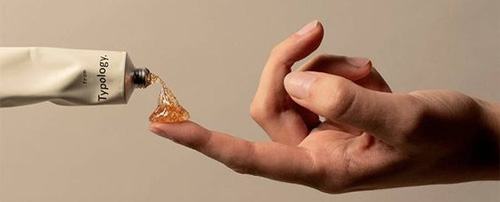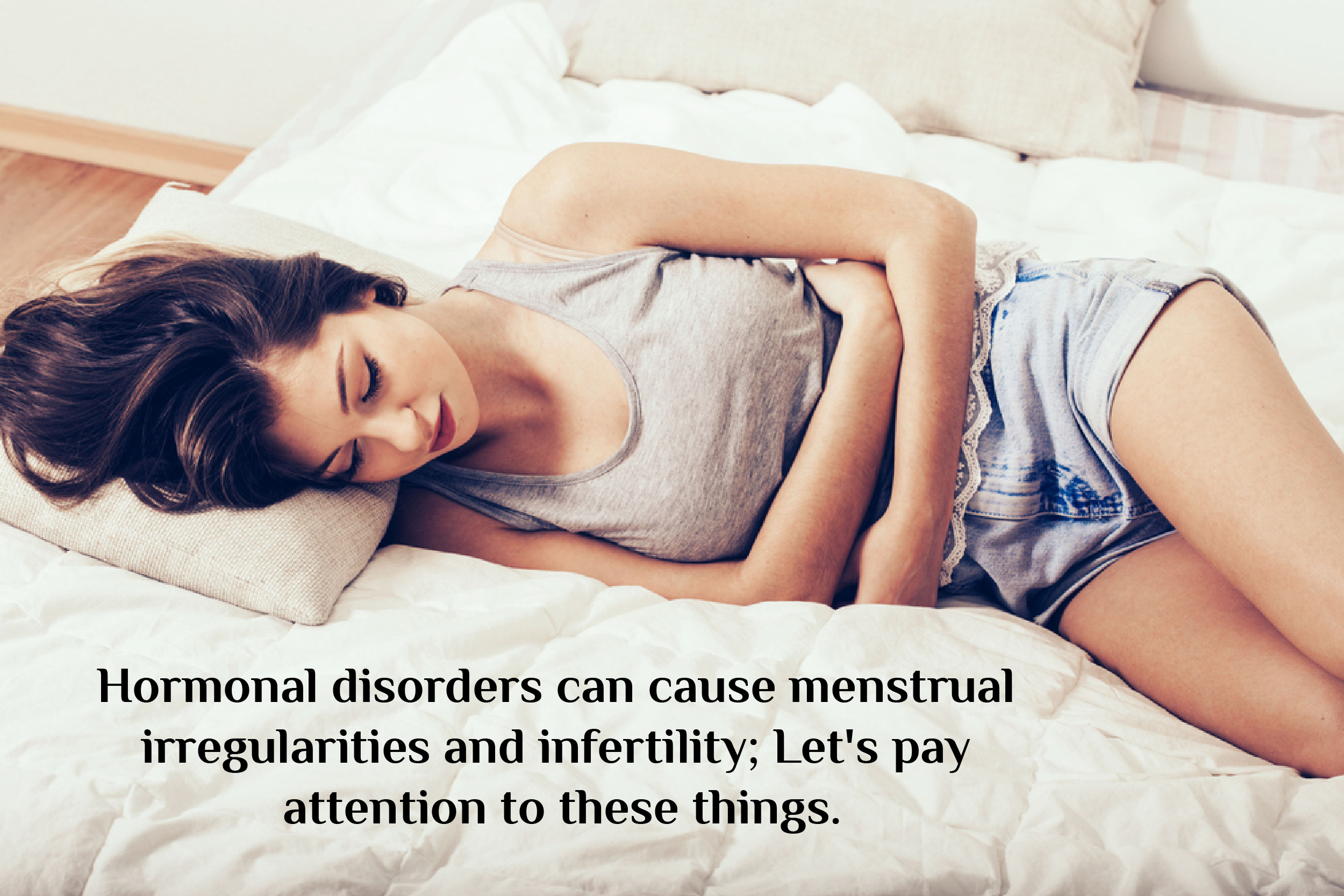Hormonal changes in women occur at any age. Such changes occur during adolescence, the reproductive period, and menopause. Adolescents experience various hormonal changes during their first period. But even after the first menstruation , the brain is not fully developed. All the hormones start functioning properly only when the brain is fully developed. The pituitary gland in the brain plays a crucial role in regulating ovarian function. Ovarian function is effective only when the pituitary gland is functioning properly. It is three to four years after the first menstruation that the brain becomes fully developed. Only then will the ovaries begin to function fully. Even then, the body’s hormones can have rhythmic disturbances.
Follicle Stimulating Hormone (FSH) and Luteinizing Hormone (Luteinising Hormone) are the two main hormones released from the pituitary gland. These are hormones that help in reproduction. The hypothalamus instructs the pituitary gland to release these hormones. However this process cannot take place if the pituitary gland and hypothalamus are not functioning properly. With this, progesterone production will not take place and there will be no ovulation. At this stage only estrogen is active. This can increase the risk of menstrual irregularities and heavy bleeding. In severe cases, this can lead to thickening of the lining of the uterus and excessive bleeding.
The condition is diagnosed by low levels of follicle-stimulating hormone and luteinizing hormone. As there are many reasons for menstrual irregularities in teenagers, it is possible to decide whether it is due to hormonal problems or not.
PCOS
Polycystic ovary syndrome (PCOS) is caused by hormonal disorders. This is a metabolic syndrome. PCOS The male hormone androgen is found to be elevated in those who have it. Follicles form in the ovaries due to the presence of the female hormone estrogen. However, due to the high presence of androgen, the egg does not come out maturely from the ovary. These eggs will accumulate in the ovaries. Androgen will come from it. That is when menstrual irregularities occur. Androgens are also higher in obese people. PCOS is diagnosed when hyperandrogenism and menstrual irregularities are detected seven to eight years after the first period. Suspects will be tested.
This can be caused by a malfunction of the thyroid gland or a change in the amount of prolactin released by the pituitary gland. Also, stress, obesity, and vigorous exercise all contribute to hormonal imbalances. Long-term medication for gastritis can cause hormonal disorders. For the sake of body shape and beauty, strict dieting by girls, heavy exercise, and mental stress are pointed out as the main causes of PCOS during the reproductive period. This is known as functional therapeutic amenorrhea This can also lead to menstrual irregularities and infertility. All these things should be taken into account to make sure whether the problem is due to hormonal failure or not. So you should see a gynecologist and do the tests.
Exercise, weight loss, and calorie restriction in the diet can help with PCOS. should be part of the treatment. If you follow this method, it is possible to reduce excess weight within six months to one year, get rid of menstrual irregularities, and remove pregnancy obstacles.
Postpartum depression
Postpartum depression is a special mood that some people experience after giving birth. This is due to fluctuations in hormones. Symptoms include constant sadness, lack of interest in even the most enjoyed and loved things, severe fatigue and exhaustion, insomnia, and thoughts of death. These symptoms can appear within two to three days or a few weeks after the baby is born. Pregnancy is a time when the female hormones estrogen and progesterone are found in high levels in the body. After giving birth, this hormone level drops suddenly. Many people then experience a temporary bout of depression (the baby blues). Some may even develop post-partum depression (postpartum depression) which requires treatment.
As soon as you see the symptoms, you should see a doctor and seek treatment. Counseling and medication may be required.


